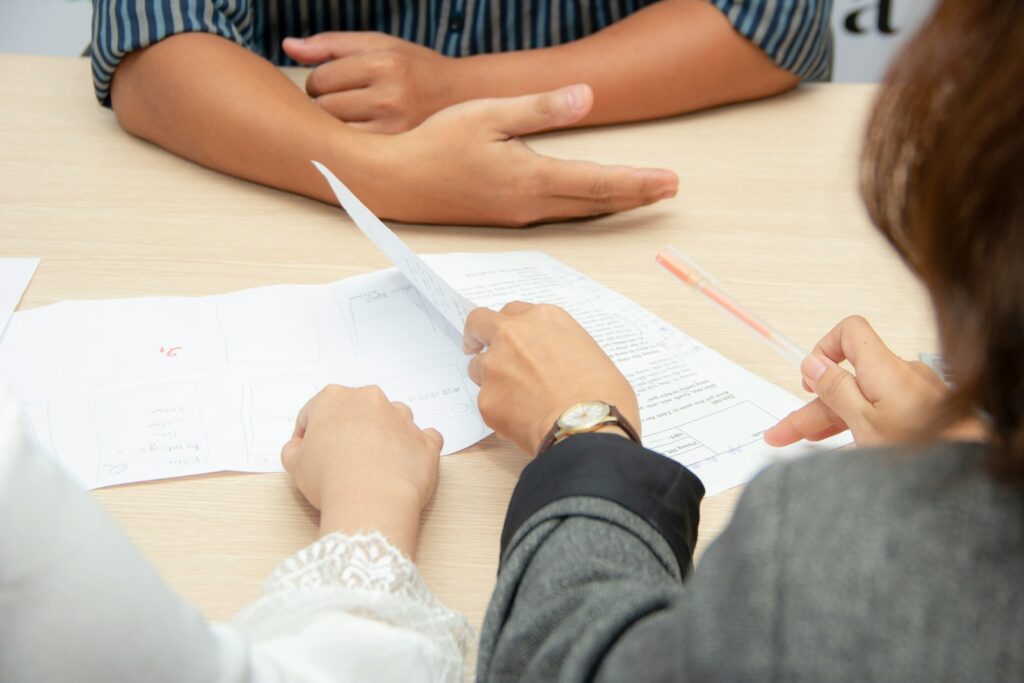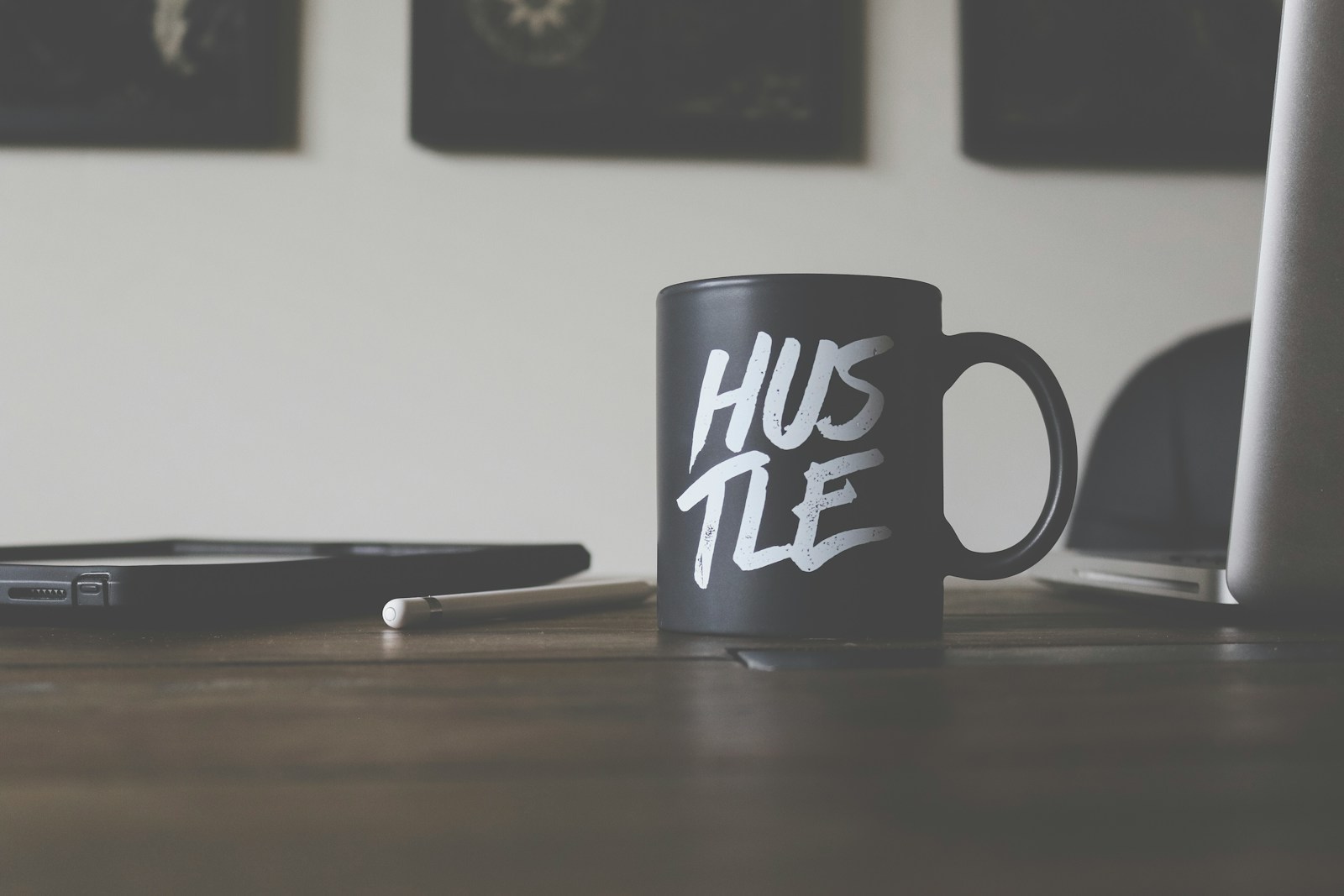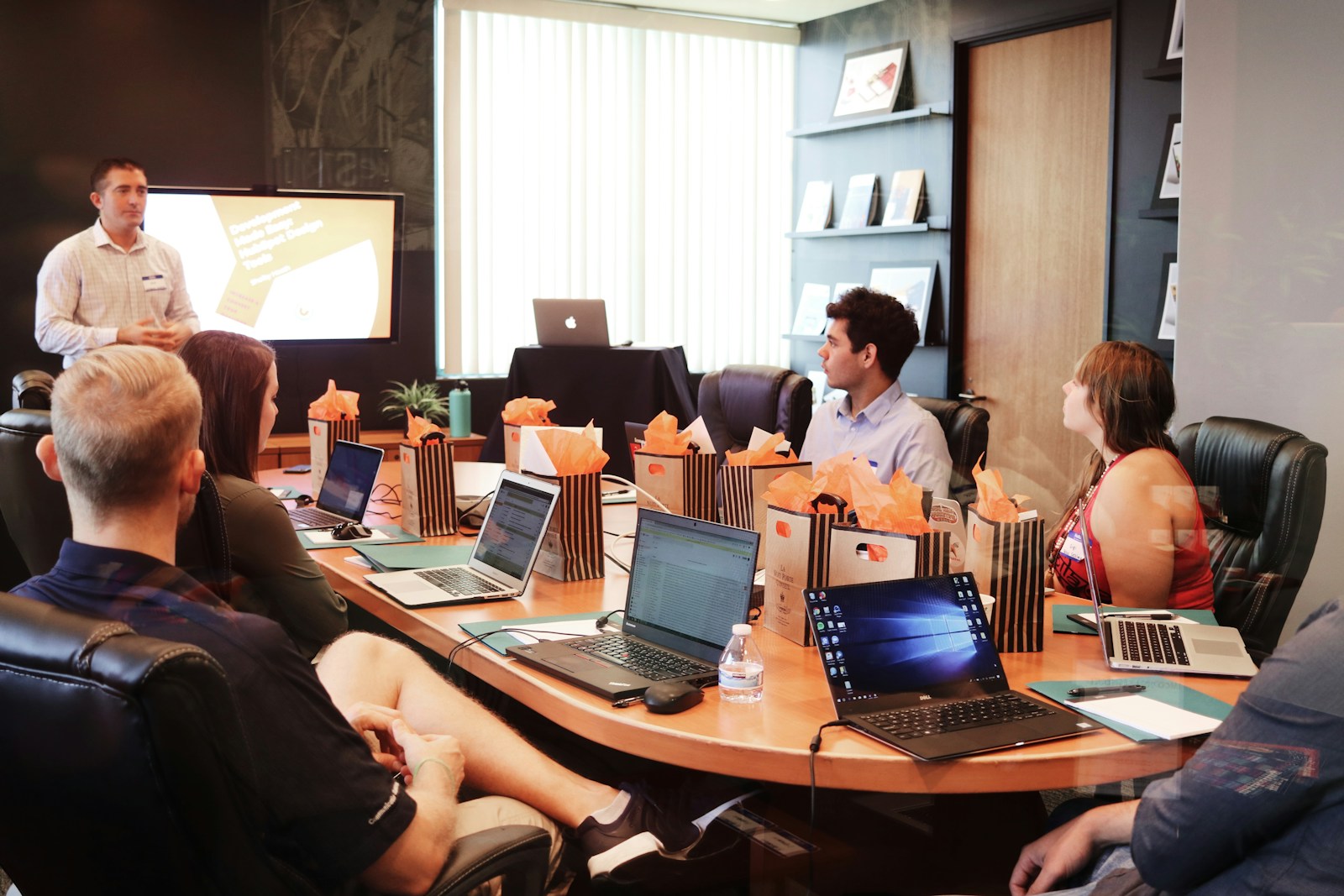Getting ready for your first job interview can feel like a big step, especially if you’re new to the professional world. You might have a lot of questions, like how to stand out, what to say, or how to make a lasting impression.
The good news is that preparing well can make all the difference. With the right mindset, planning, and confidence, you can easily nail your first job interview and make a great impression.
Here’s everything you need to know to get ready!
Understanding the Importance of the Job Interview
Job interviews are your chance to show the employer who you are beyond your resume.
It’s an opportunity to explain why you’re a good fit for the position and how your skills, experience, and passion align with the company’s goals.
By preparing well, you can leave a positive impact on the interviewers and increase your chances of landing the job.

Steps to Prepare for Your First Job Interview
Preparing for your first job interview might seem like a big challenge, but breaking it down into manageable steps can make the process easier and more effective.
Here are the essential steps to get ready and ace your interview:
1. Do Your Research on the Company
Before stepping into the interview room, take time to learn about the company. Understand their history, values, products, and the industry they’re in.
This will help you connect your skills to their goals, showing that you are not only interested in the job but in the company itself. By doing this research, you can ask intelligent questions and demonstrate that you’ve put thought into your application.
If you’re looking for tools to help with your research, consider checking out Orb, which can provide useful insights into various companies.
2. Understand the Job Role
Make sure you understand the job description clearly. Review the role you’re applying for and match your skills to the job requirements.
This will give you a strong foundation to discuss how your strengths can contribute to the company.
Think about your past experiences, whether in college or part-time jobs, and connect them to the role you’re applying for.
3. Practice Common Interview Questions
A great way to prepare is by practicing answers to common interview questions.
Here are some typical questions you might be asked:
- Tell me about yourself.
- Why do you want to work here?
- What are your strengths and weaknesses?
- Where do you see yourself in 5 years?
- Why should we hire you?
It’s good to have a rough idea of how you want to answer these questions, but remember, don’t memorize your answers word-for-word.
Instead, focus on speaking naturally and confidently. The more you practice, the more comfortable you’ll feel during the interview.
4. Dress Professionally
What you wear to an interview can speak volumes about you. Dressing well shows respect for the company and the interview process. Even if the office has a casual dress code, it’s better to dress more formally for your first interview.
You don’t need to buy a new suit, but choose an outfit that’s neat, tidy, and professional. Keep it simple, avoid flashy colors or accessories. Make sure your clothes are clean, and your shoes are polished.
5. Be Punctual
Punctuality is a big deal when it comes to interviews. Arriving on time shows that you’re responsible and respectful of the interviewer’s time. Aim to arrive at least 10-15 minutes before your scheduled interview time.
If you’re going to an office, plan your route and consider any traffic or travel delays. Being early gives you time to relax and mentally prepare.
6. Prepare Your Questions
At the end of the interview, you’ll usually be asked if you have any questions. This is your chance to show that you’ve done your homework and are truly interested in the role.
Here are some questions you might consider asking:
- What does a typical day in this role look like?
- What opportunities for growth and development does this position offer?
- How does the company support its employees in terms of work-life balance?
7. Bring Necessary Documents
Make sure to bring any documents that might be needed for the interview. Apart from your resume, bring a few copies of your resume, a list of references, and any other relevant documents, such as a portfolio or certificates. Having everything ready shows that you’re organized and prepared.
8. Stay Positive and Confident
Confidence is key in interviews. Keep a positive attitude throughout the conversation. Don’t be afraid to talk about your achievements, but also be humble and open to learning. When answering questions, focus on what you can offer and how excited you are to be a part of the team. Remember, interviews are a two-way street; you’re also trying to figure out if the company and the role are the right fit for you.
9. Follow Up After the Interview
Once the interview is over, don’t forget to send a thank-you note. A brief email thanking the interviewer for their time and expressing your continued interest in the role can go a long way. It’s a nice touch that shows professionalism and gratitude.
Final Thoughts
Preparing for your first job interview doesn’t have to be stressful. By doing your research, practicing your answers, dressing professionally, and maintaining a positive attitude, you can confidently step into the interview room and make a great impression. Remember that the interview is an opportunity to show your passion and how you can contribute to the company’s success. With the right preparation, you’ll be ready to face any interview with confidence.



